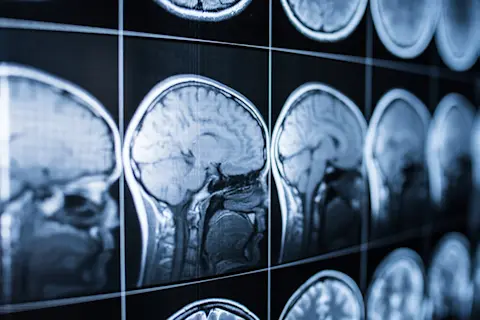We often think of fingerprints as the tiny ridges, whorls and arched patterns on the tip of each finger. They are heralded as special markers of human identity, even more individualized than DNA. But new research suggests our brains have "fingerprints" that are equally unchanging and unique to each person.
“The same brain executing different tasks looks more similar than different brains doing the same task,” explains Zack Y. Shan, a senior research fellow and the head of Neuroimaging Platform at the University of the Sunshine Coast’s (USC) Thompson Institute. “In other words, we can identify an individual based on how their brain’s neural connections work together.”
With modern neuroimaging techniques, scientists can trace your brain’s distinct signature, an autograph composed of tens of thousands of electrical signals that communicate across the brain. The final product is a picture of brain activity that is detailed, distinct and difficult to alter. ...












